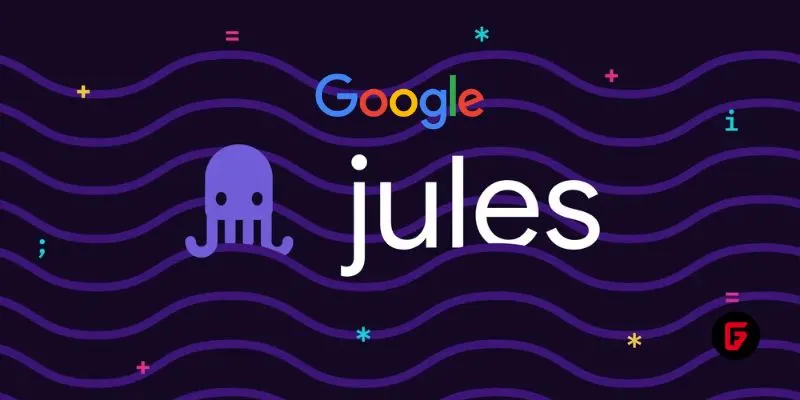The wait is over—Google has pushed Jules, its much-anticipated AI coding agent, out of beta and into the hands of developers worldwide. After months of real-world testing, Jules is set to change how teams and solo engineers approach code reviews, debugging, and codebase modernization, all with a fresh pricing structure and some thoughtful new features.
What Makes Jules Different from Other AI Coding Tools?
Let’s cut through the noise: Jules isn’t just another ChatGPT-style coding help bot. What makes it truly unique? Asynchronous operation. Unlike tools that demand you babysit their output, Jules runs independently on Google Cloud—think of it as a truly autonomous coding collaborator. Fire off a codebase transformation or bug fix, close your laptop, come back later, and find done-for-you pull requests ready in your GitHub repo. Imagine having a virtual teammate who never sleeps, queueing up fixes while you handle more creative work.
Google claims this model is a game changer, especially for those handling large projects or repetitive updates. With tasks processed in isolated Google Cloud VMs, developers can manage multiple jobs concurrently, all while maintaining a secure environment.
How Did Beta Usage Shape Jules’ Pricing and Features?
The transition from public preview to official launch was guided by serious data. During beta, thousands of developers clocked up 2.28 million visits (with 45% on mobile!) and completed tens of thousands of coding tasks, resulting in over 140,000 code improvements. This rich activity wasn’t just vanity metrics—Google carefully tracked how developers actually used Jules, resulting in a refined pricing strategy:
Free Tier (Introductory Access): Now limited to 15 daily tasks and 3 concurrent jobs, down from 60 tasks during beta.
AI Pro ($19.99/month): 5× the free tier’s limits for heavier users.
AI Ultra ($124.99/month): 20× the free limits for enterprise-scale demands.
Kathy Korevec, from Google Labs, explained that the beta’s higher limits acted as a research tool: “The trajectory… gives us a lot of confidence that Jules is around and going to be around for the long haul.” Google’s data-driven approach means that each tier is designed with actual needs in mind—no arbitrary paywalls, just limits that reflect real developer usage.
Why Was Asynchronous Execution a Big Deal for Jules?
Picture this: Most artificial intelligence (AI) code assistants require your full attention while they run. Cursor and Windsurf, for example, force you to stick around, waiting for output before you can move on. Jules flips that paradigm. You can launch a task, shut your laptop, and come back whenever—it’s your schedule, not your bot’s. This flexibility is especially impactful for remote teams, those balancing parallel projects, or anyone who hates bottlenecks.
On the technical side, Jules seamlessly integrates with GitHub. Once you initiate a request, it clones your codebase into a secure cloud VM, applies AI-powered changes or diagnostics, and can now even automatically create pull requests—thanks to the latest integration upgrades. The new “Environment Snapshots” feature also makes repeated task runs faster and more reliable, letting you experiment without the friction of slow setup times.
What Privacy Protections Has Google Added to Jules?
One of the hottest topics for devs and company leaders: data security and privacy. After some mixed feedback early on, Google has now clarified how Jules handles data. If you’re working from a private repository, your code won’t be used to train Google’s models, period. Only public repo data might be leveraged for future AI improvements. Developers can rest easier, knowing their proprietary code isn’t feeding the AI engine in unexpected ways.
Jules’ official launch isn’t just about slapping a price tag on an AI tool; it’s about redefining what it means to have automated help in your coding workflow. With asynchronous autonomy, flexible plans, deep GitHub hooks, and explicit privacy guardrails, Jules aims to become an indispensable part of every developer’s toolkit. For anyone serious about productivity and code quality—without being tethered to a screen—Jules is absolutely worth a look.














